

Balagopalastuti...
Balagopalastuti
Celebrating the Child Krishna by: Harsha V. Dehejia , Jahnabi Barooah Chinchani , Narmada Prasad UpadhyayaThe Balagopalastuti occupies an important place both in the annals of Krishna art as well as Krishna bhakti. This book brings to light both the poetry and paintings and touches both the Krishna rasika and Bhakta.
₹1,195.00 Original price was: ₹1,195.00.₹1,076.00Current price is: ₹1,076.00.
ISBN: 9788124610015
Year Of Publication: 2019
Edition: 1st Edition
Pages : 96
Language : English
Binding : Hardcover
Publisher: D.K. Printworld Pvt. Ltd.
Weight: 350
The Balagopalastuti occupies an important place both in the annals of Krishna art as well as Krishna bhakti. This book brings to light both the poetry and paintings and touches both the Krishna rasika and Bhakta.

“Balagopalastuti” Cancel reply
- Sale!Lalita-Sahasranama A Comprehensive Study of One Thousand Names of Lalita Maha-Tripurasundari by: L.M. Joshi
₹1,500.00Original price was: ₹1,500.00.₹1,350.00Current price is: ₹1,350.00.In the Hindu sacred literature, Sahasra-namas: the texts embodying literally “the Thousand Names” of a deity, constitute a genre in their own right. And Lalita-Sahasranama (LS) is a veritable classic in the traditional writings of the kind — a classic widely acknowledged for its lucidity, clarity and poetic excellence. A medieval work of unknown authorship eulogising Shakti: the Mother Goddess, this Sahasranama is not just a masterly exposition of Shri Lalita’s cult, but also sets out the deity’s diverse epithets — like, for instance, Kundalini, Nirguna, Saguna, Parashakti or Brahman — which continue to evoke reverence as mantras with ‘mystic powers’. Also included among these names are the goddess’s other panegyric descriptions that have come to have profound, esoteric connotations in tantric practices — epitomizing, thus, the fundamental tenets of tantrashastra. Here is a brilliant critical edition of Lalita-Sahasranama meticulously analysing, for the first time, each of Shri Lalita’s thousand names — by a variety of themes, like the Goddess’s conceptual representations, anthropomorphic forms, disposition, abodes, kinships/consorts, ritualistic worship, and her supremacy in pantheonic hierarchy. Also explaining and interpreting anew these thousand names on the basis of time-honoured commentaries, Dr. Joshi under-scores the high importance of Lalita-Sahasranama in philosophy, tantra, yoga, sahasranama literature, and rituals of various descriptions. The book includes the original Sanskrit text of LS, its romanised transliteration and, additionally, an Appendix listing Sri Lalita’s thousand names in the A-Z sequence.
- Sale!Atreyashiksha by: Deepro Chakraborty
₹800.00Original price was: ₹800.00.₹720.00Current price is: ₹720.00.Atreyashiksha is one of the Shiksha texts of the Krishna-Yajurveda, Taittiriya school. This text has been critically edited and translated consulting two palm-leaf manuscripts which are currently the only discovered manuscripts of this text in public libraries. Shiksha texts deal with phonetics and phonology of the Vedas and the method of proper pronunciation and recitation. The Atreyashiksha is well-structured in terms of arranging its topics of discussion.
When compared to the other Shikshas of the Taittiriya school, the Atreyashiksha, in keeping its focus on the discussion on the different methods of Vedic recitation, namely, word-reading (padapatha), sequential reading (kramapatha), tangled reading (jatapatha) and the five varieties of the reading of the phonic sequences (varnakramas), holds a unique position in the corpus of the Shiksha literature. A close reading of the text shows that the main aim of the text is to explain the practical aspects of the different ways of Vedic recitation, in whose connection it describes the theoretical elements of Shiksha too.
The book, therefore, serves as a practical guidebook to Vedic reciters who recite the above-mentioned readings of the Taittiriya Krishna-Yajurveda along with the continuous reading. While describing the methods of recitation, the Atreyashiksha gives enough emphasis on the theoretical nuances. The phonological rules, most of which are expressed in the Taittiriya Pratishakhya, are also illustrated in this text. This book consists of a detailed introduction, the critically edited text in Devanagari script, its Roman transliteration and an authentic English translation. - Sale!Vada in Theory and Practice by: Radhavallabh Tripathi
₹1,300.00Original price was: ₹1,300.00.₹1,170.00Current price is: ₹1,170.00.Vada, meaning debates, dialogues, discussions, was the quintessential of Indian spirit, enabling and promoting the growth of different philosophical and knowledge systems of India. It percolated deep into our mindset and enriched the moral, ethical, religious and sociocultural edifice of anything that was essentially Indian in nature. As continuation of Anvikshiki from the bc era, vada helped thrive Indian traditional knowledge systems. It subsists on diversity and its tradition envisages pluralism.
Most of our Sanskrit works, covering a wide gamut of knowledge systems, are structured in the techniques of debate. This reality applies not only to the philosophical writings, but to Indian medical systems (Ayurveda), Arthashastra of Kautilya and Kamasutra of Vatsyayana as well. Even great epics like Ramayana and Mahabharata are no exceptions.
Vada culture involved verbal duals, attacks and even violence of speech, and all major religious systems — old or modern — were parties to it. This book also elucidates how vata was vital and critical for the growth of our socio-political fabrics. It shows how some of the major conflicts in philosophical systems were centred around karma, jnana, choice between violence and non-violence, pravritti and nivritti. It also presents the manifestations of vada on a vast canvas during the nineteenth and twentieth centuries. Modern spiritual and religious gurus like Ramana Maharshi, J. Krishnamurti and Vinoba Bhave were men of dialogues. Our scholars have applied the varied techniques of vada against the philosophical and scientific systems of the West to prove them correct.
This collector’s issue should enthrall a wide audience of philosophers, scholars and believers in Indian knowledge systems. - Sale!Comparative Literary Theory by: Kapil Kapoor
₹800.00Original price was: ₹800.00.₹720.00Current price is: ₹720.00.“Two cultures of the world — Greek and Indian — have nourished literature. While the contemporary Western thinking is rooted in Greek thought, especially of Socrates, Plato and Aristotle, and percolated down to the modern European languages with the advent of Christian thought, the multilingual Indian literary tradition has its base from the classical Tamil, Pali, Prakrt and Sanskrit.
Though cultural specificity marks these two traditions off from each other, the universal human condition that finds expression in all literatures binds them together. This book delves deep into the growth of poetics, theory of literature, literary artefacts, aesthetics of literature as an art form, and dramaturgy and philosophy of literature.
Cultures have given forms as their typical expressions — for India great epics, for Greece tragedies, and for England lyrics. Similarly, different ages of a culture find expression in different forms — Elizabethan age of England in lyrics, sixteenth-seventeenth centuries in drama, eighteenth century in prose, and nineteenth century in novel. India’s genius is in epics and its expression unfolds in sravya-preksa compositions, being singable poetry as its preferred form.
This book must serve pretty useful for students and teachers of literature. Also, an invaluable collection for researchers in literature.” - Sale!Buddhist Theory of Meaning and Literary Analysis by: Rajnish Kumar Mishra
₹900.00Original price was: ₹900.00.₹810.00Current price is: ₹810.00.For over two millennia, language has been one of the prime concerns in nearly all philosophical systems of India: Grammar, Mimamsa, Nyaya, Vaisheshika, Jaina and Bauddha which, in turn, not only have shaped the Indian perception of vak, but also constitute the essential background to study the major concerns of language that have been taken up in the subsequent phases of philosophical-linguistic developments. Rajnish Mishras book offers a fresh, in-depth exposition of the Buddhist theory of meaning (apohavada) against this stupendous backdrop of Indian linguistic thought and also tries to show how this time-honoured theory is positioned vis-a-vis the current issues and assumptions in language. Surveying the evolution of apoha across the ages specially in its four kindred perspectives, viz, the Abhidharmika, the Sautrantika, the Yogacara and the Madhyamika schools of Buddhist philosophy, the author sets out, on its basis, a cognitive-epistemological model for literary analysis and illustrates as well the applicational aspects of this model with meticulous analysis of Wordsworths poetic masterpiece, Tintern Abbey. Based, as it is, on wide-ranging primary sources, including the Buddhist philosophical-epistemological texts in Sanskrit, the book sheds altogether new light on the Buddhist theory of meaning and, simultaneously, argues against the fallacies that have cropped up around its latter-day interpretations. A work of specific contemporary relevance to the ongoing post-structuralist debates, the book also carries a comprehensive, highly valuable cross-referential glossary of conceptual Sanskrit terms.


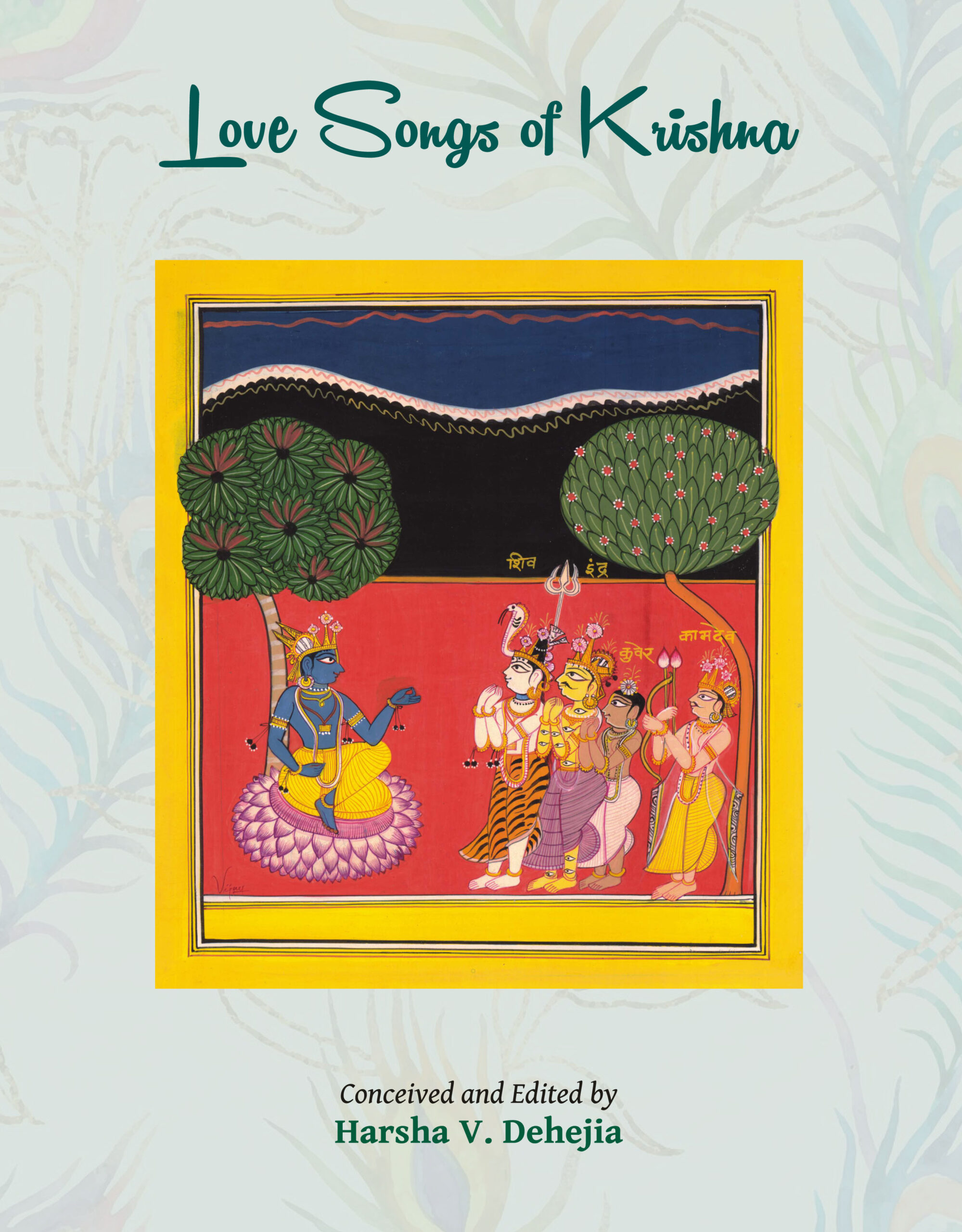
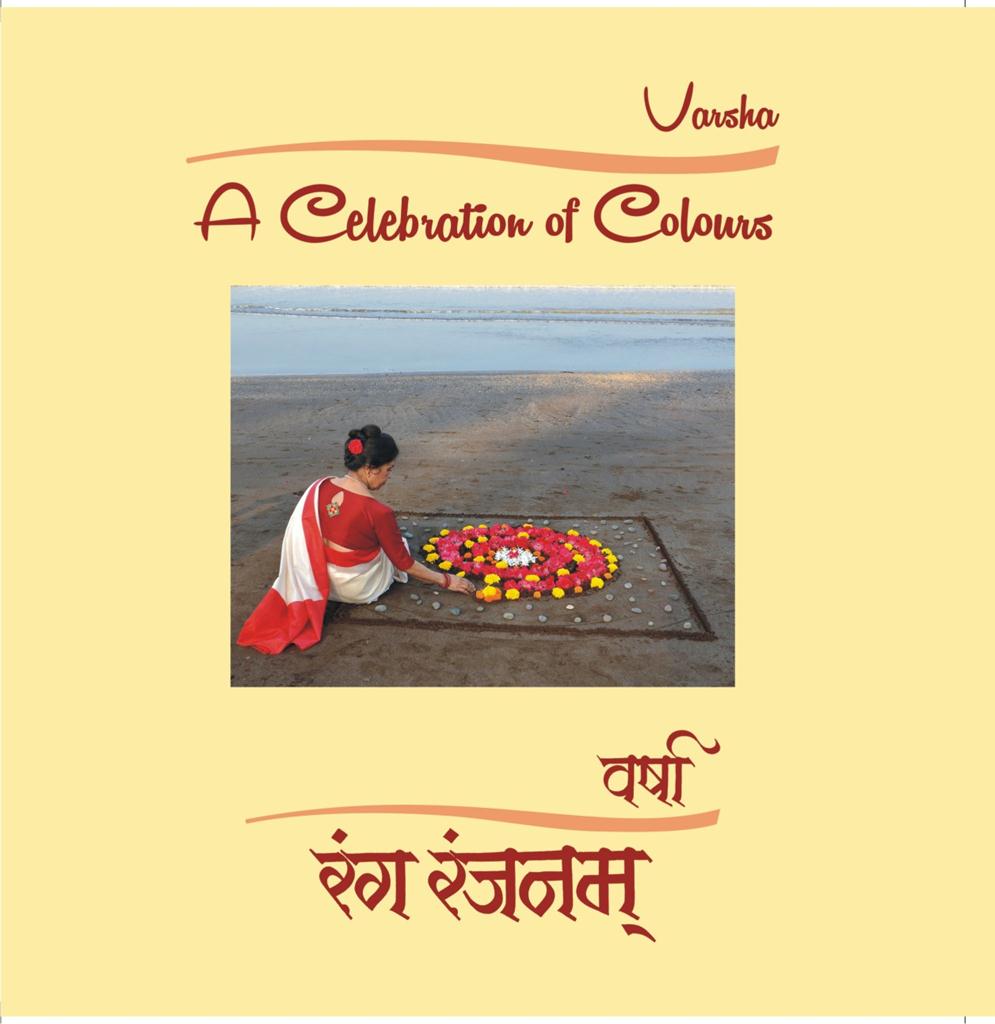
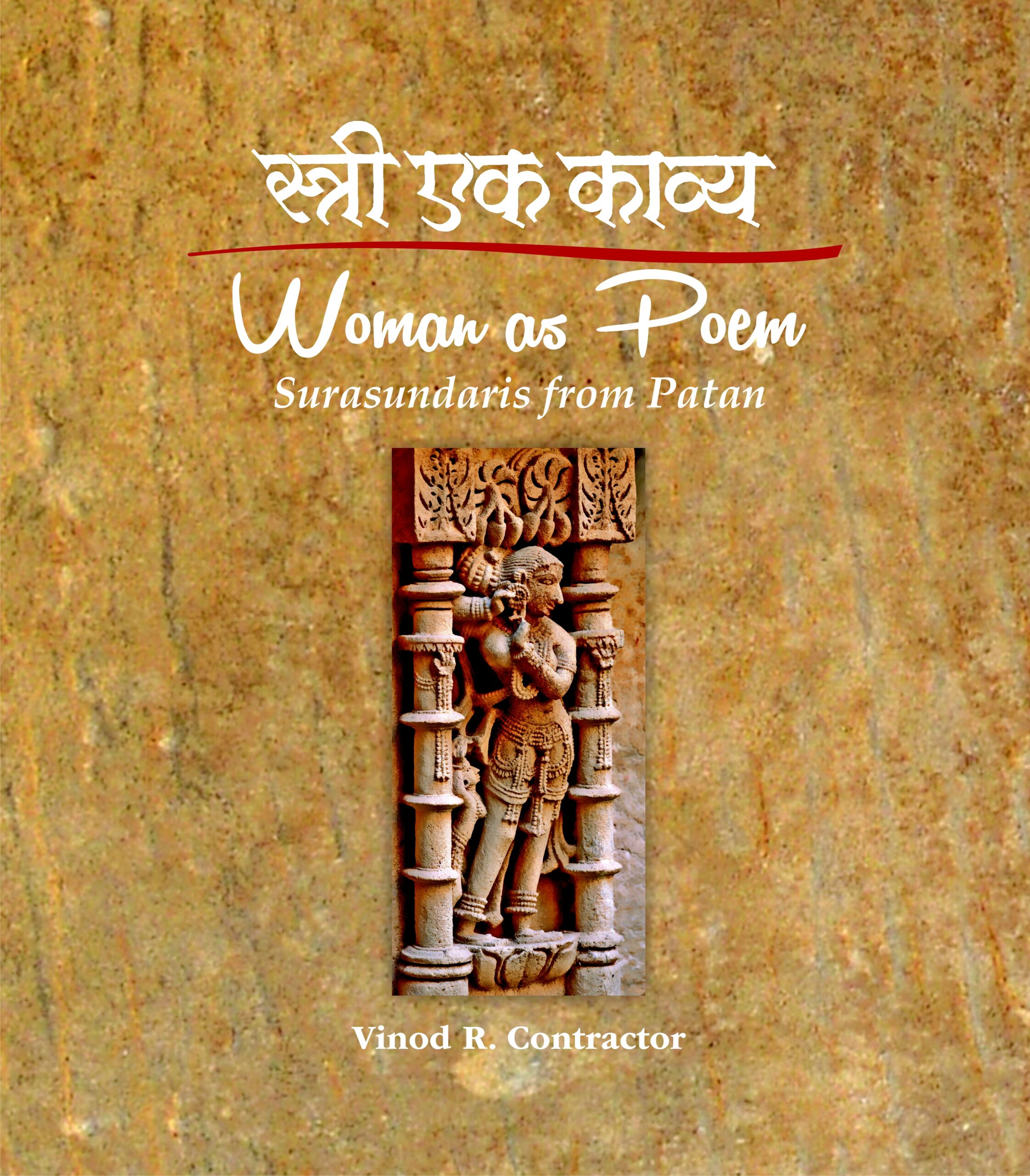
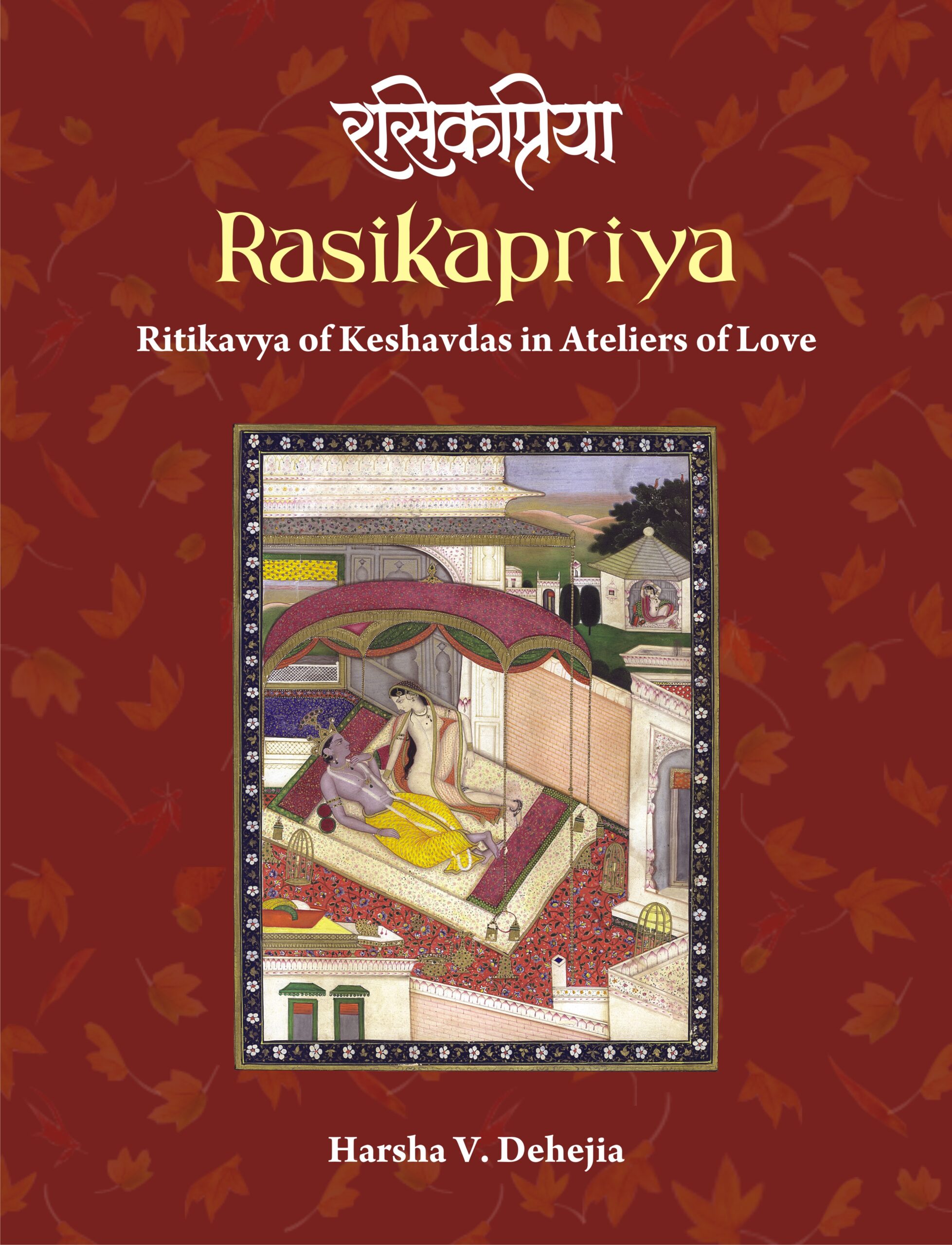
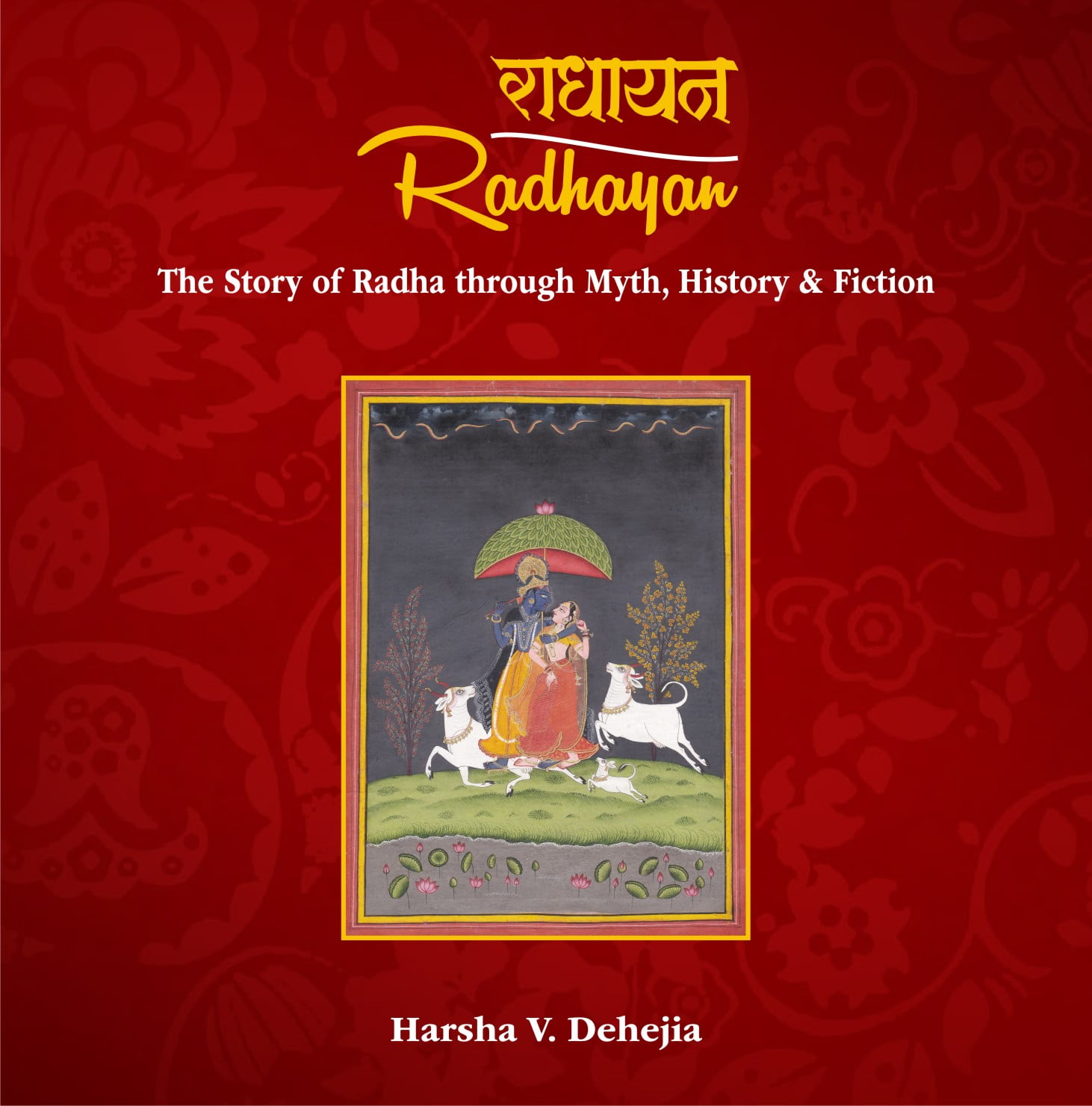
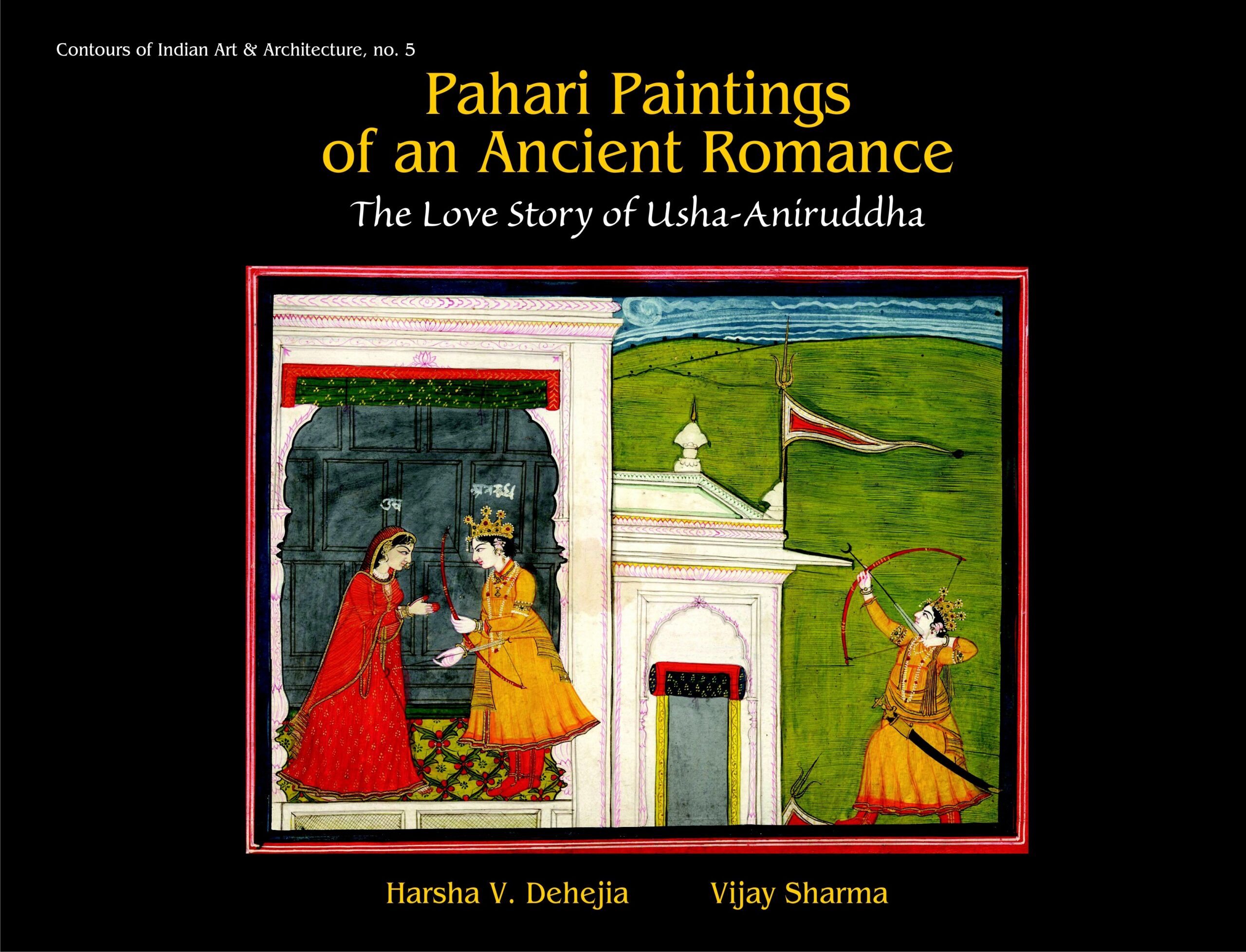
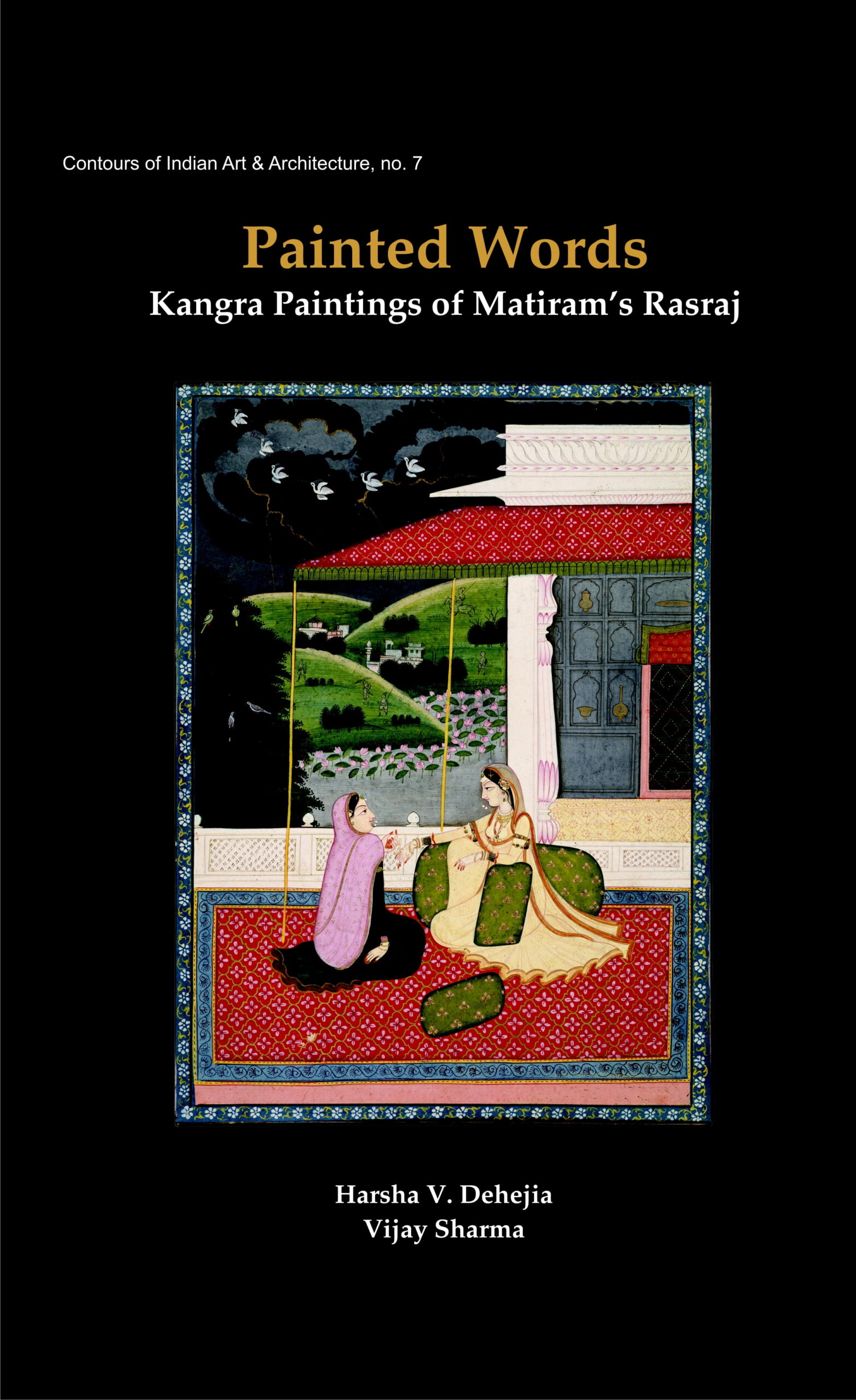
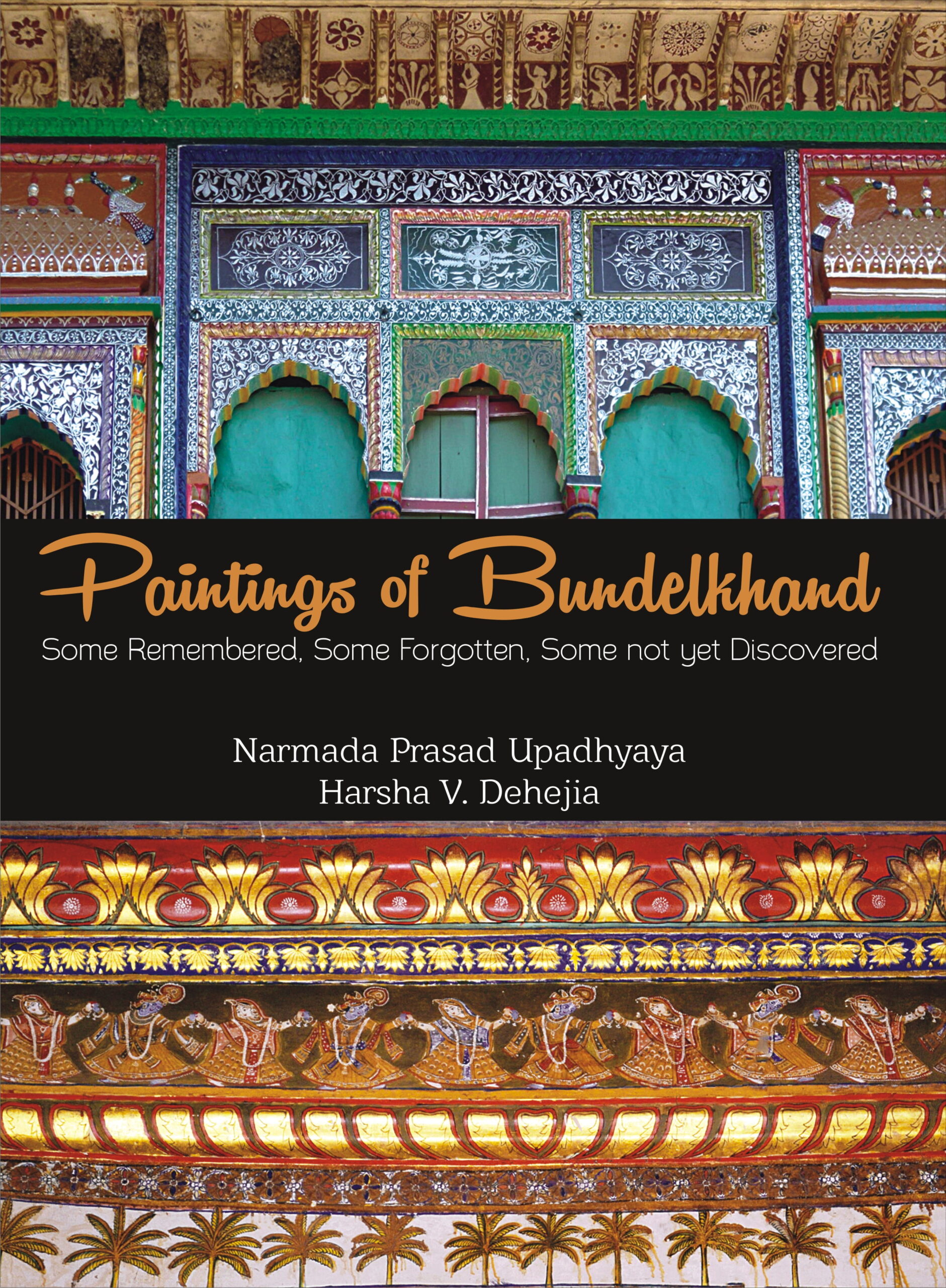
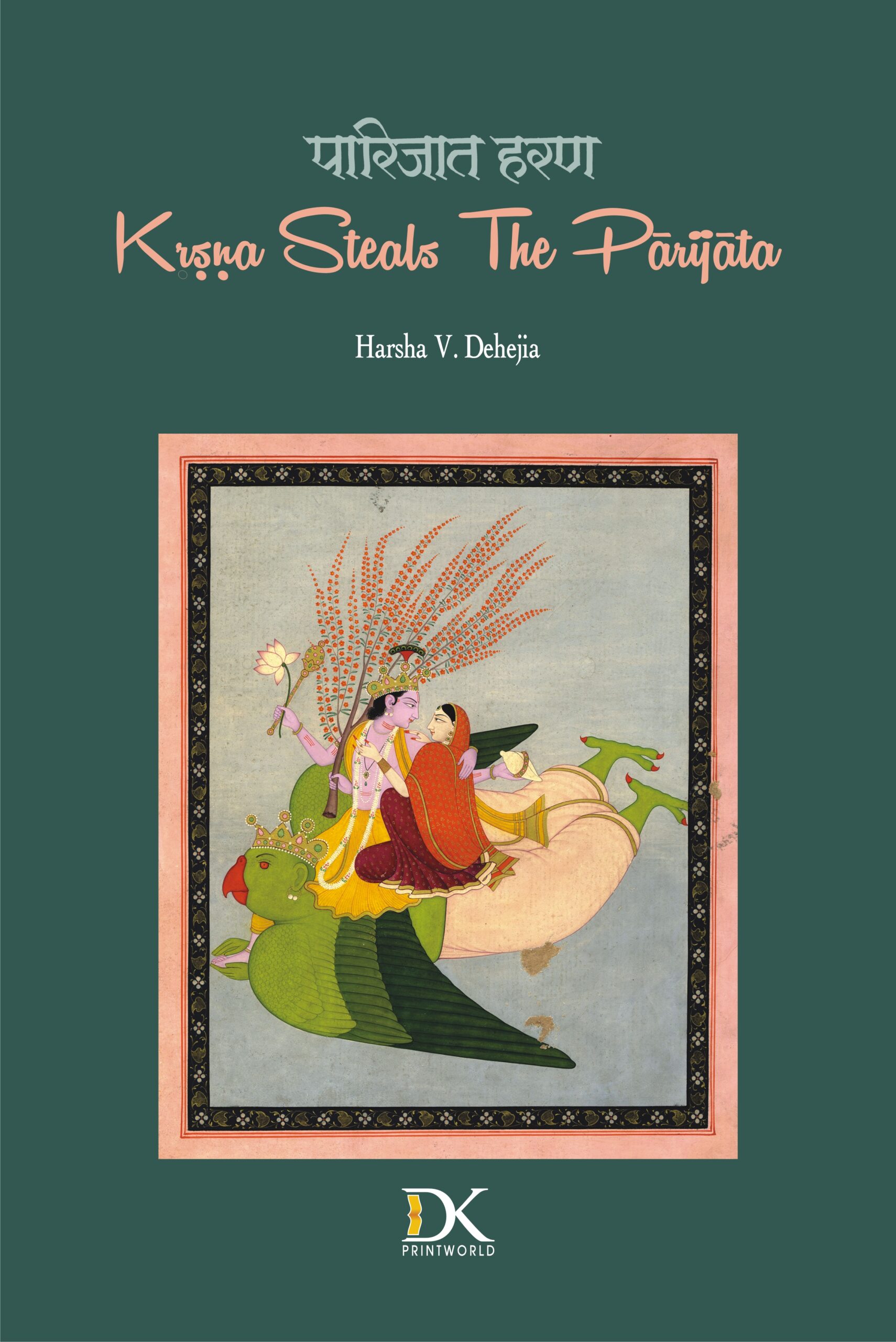
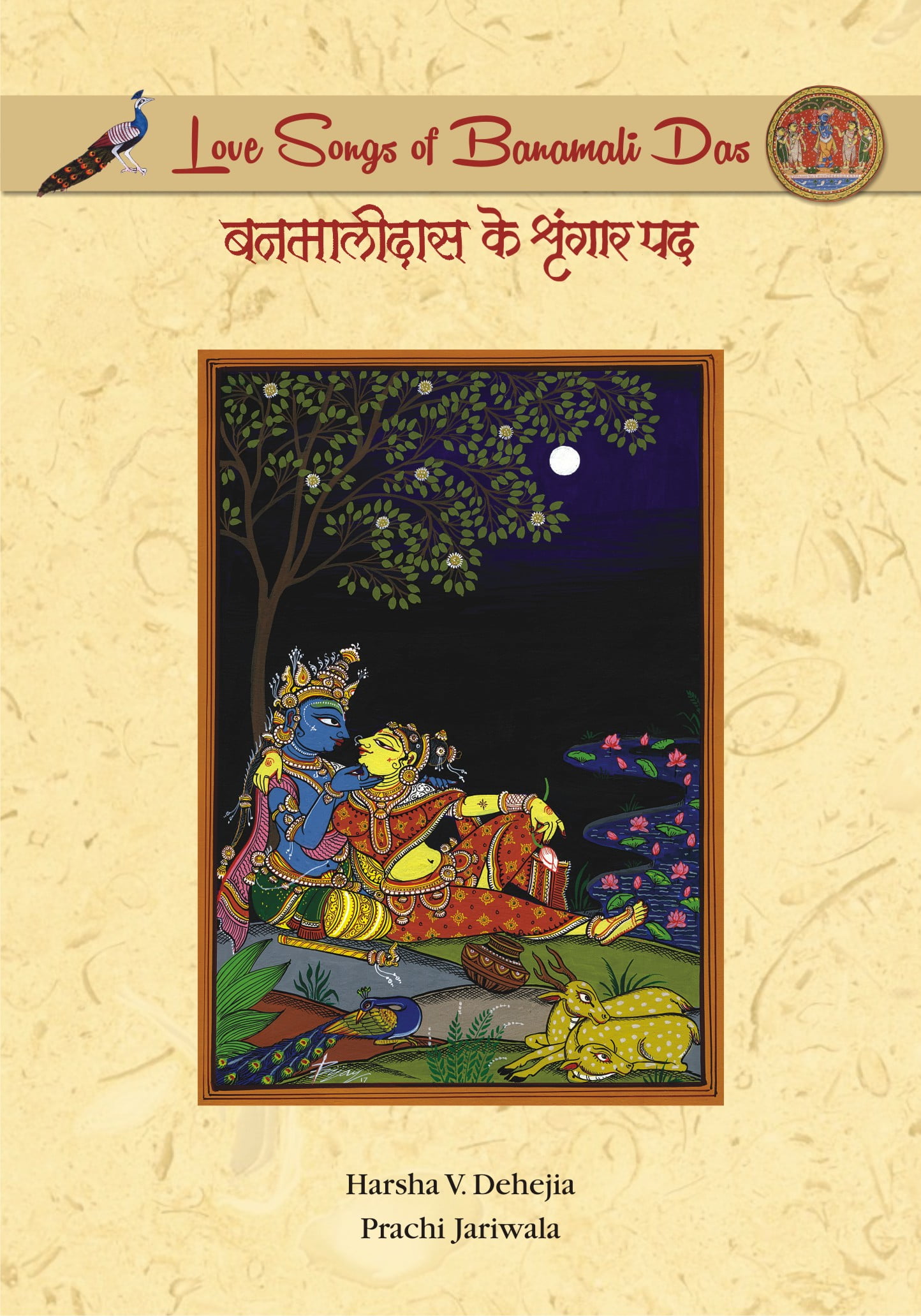
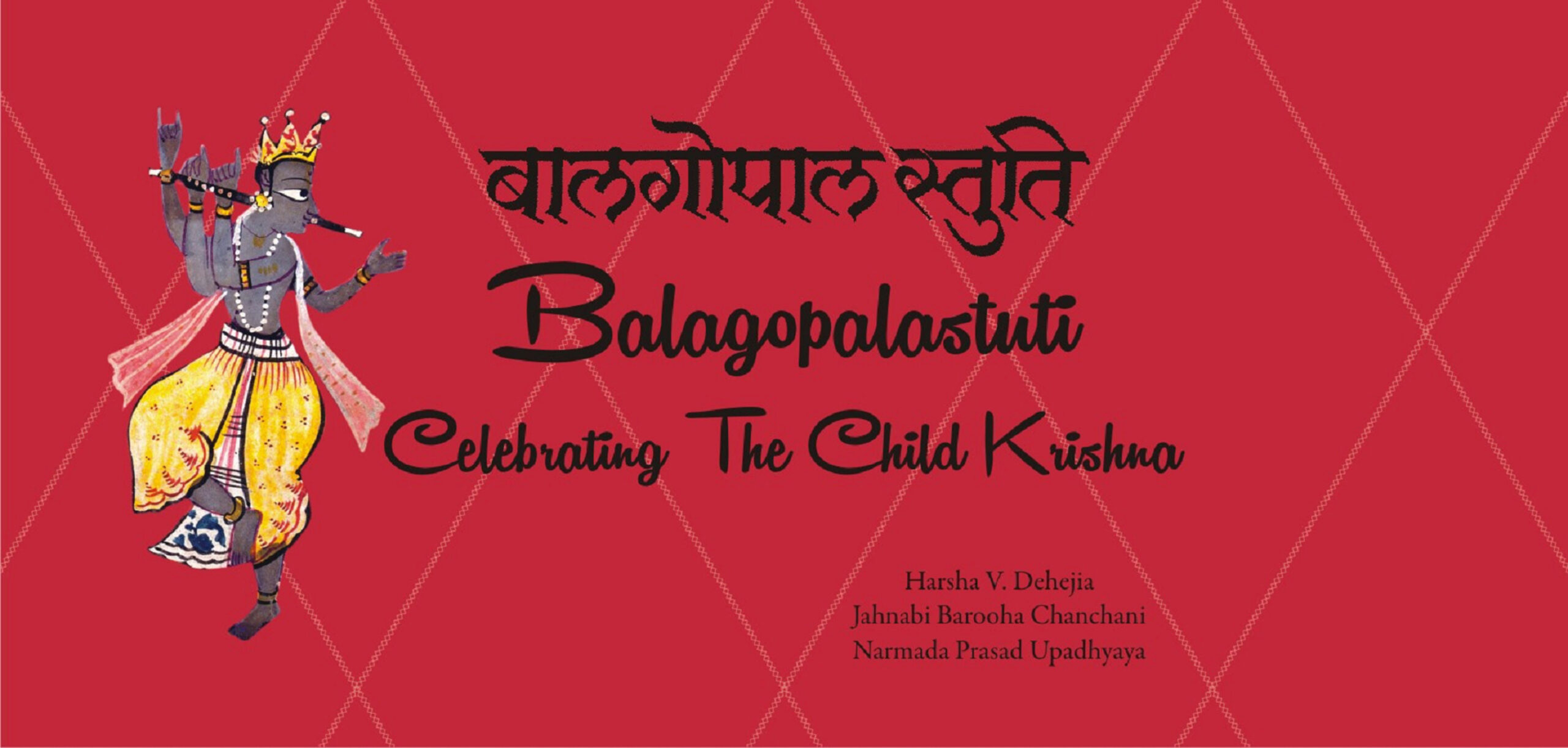

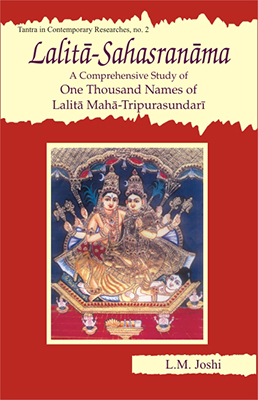


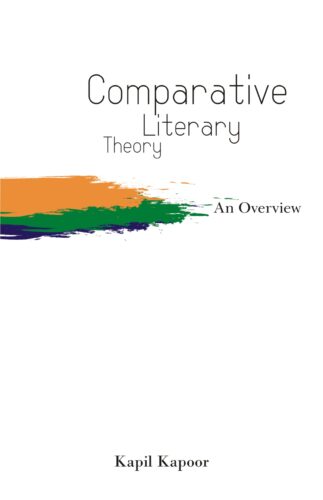

There are no reviews yet.